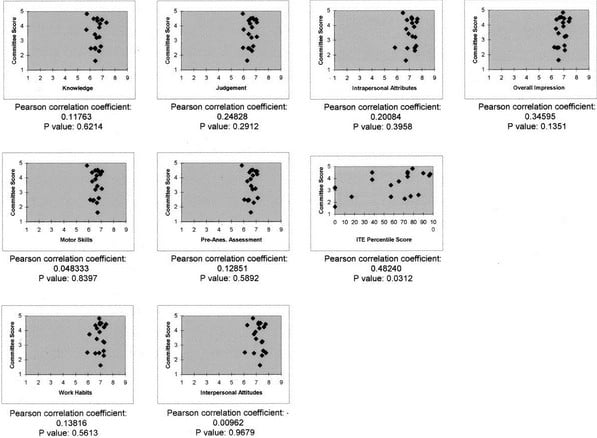- Joined
- Jul 16, 2003
- Messages
- 6,030
- Reaction score
- 3,810
So, my wife and I are pretty tight with an academic peds ansthesiologist. We meet up in Florida every year to decompress and have a good time. She is quite involved in medical student and resident education. A topic of conversation at the dinner table this year was an eye opener for me. It seems that the ABA in now moving towards "staged" examinations for primary certification.
Please read:
http://www.theaba.org/Home/TrainingPrograms
This is total news to me. I had no idea the ABA was doing this. Does it sound familiar? It reminds me of some of the MOCA requirements. Mind you, this takes time away from residency AND it costs money.
I need to dive a little more into it, but aparently, if you don't do well, it serves as grounds to keep you in residency for an additional 6 months (of course, this will follow you thoughout the rest of your career). Now you need to prepare for USMLE I, II, III and then immediately get ready for the "basic, advanced and then the applied examinations". The Basic examn I bellieve will occur after your step III examination. Both of those exams during residency.... and lets not forget the in-training examinations.
Hmmm.... not sure I like it. Or maybe I'm just missing something here. Residency is stressfull enough. Now you need to prepare for step III and the "basic" during your training + ITEs. Probably not a big deal, but just wondering why things are changing. I thought the writtens followed by the orals were a good way to achieve certification.
Please read:
http://www.theaba.org/Home/TrainingPrograms
This is total news to me. I had no idea the ABA was doing this. Does it sound familiar? It reminds me of some of the MOCA requirements. Mind you, this takes time away from residency AND it costs money.
I need to dive a little more into it, but aparently, if you don't do well, it serves as grounds to keep you in residency for an additional 6 months (of course, this will follow you thoughout the rest of your career). Now you need to prepare for USMLE I, II, III and then immediately get ready for the "basic, advanced and then the applied examinations". The Basic examn I bellieve will occur after your step III examination. Both of those exams during residency.... and lets not forget the in-training examinations.
Hmmm.... not sure I like it. Or maybe I'm just missing something here. Residency is stressfull enough. Now you need to prepare for step III and the "basic" during your training + ITEs. Probably not a big deal, but just wondering why things are changing. I thought the writtens followed by the orals were a good way to achieve certification.

